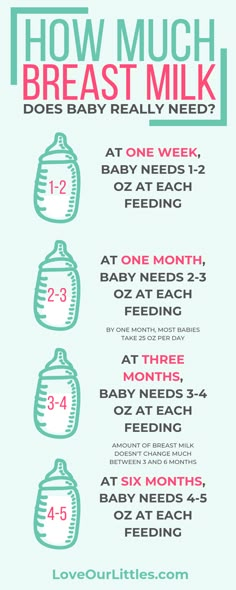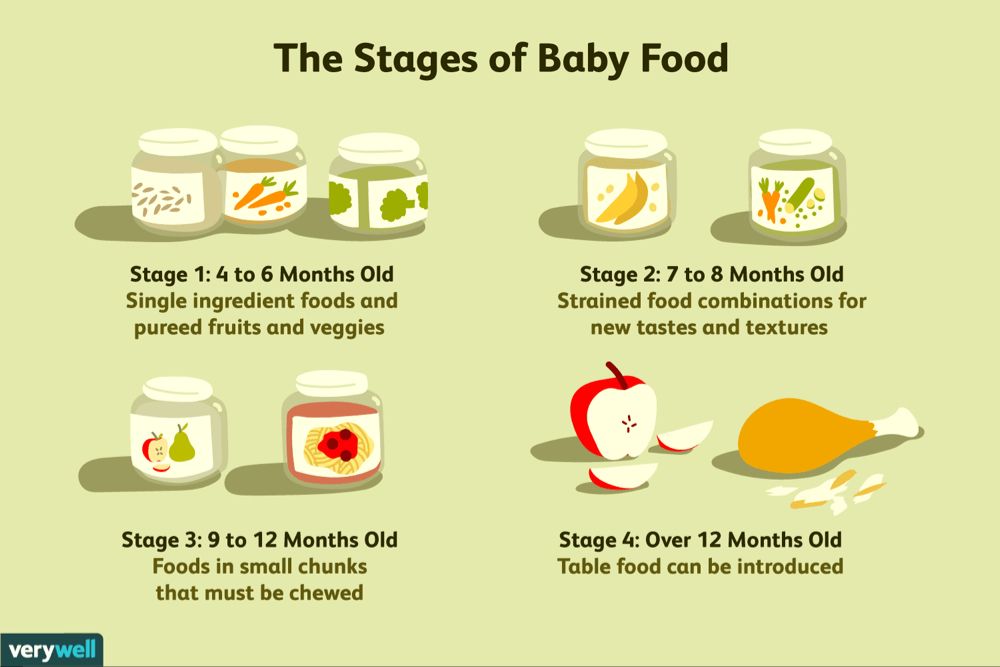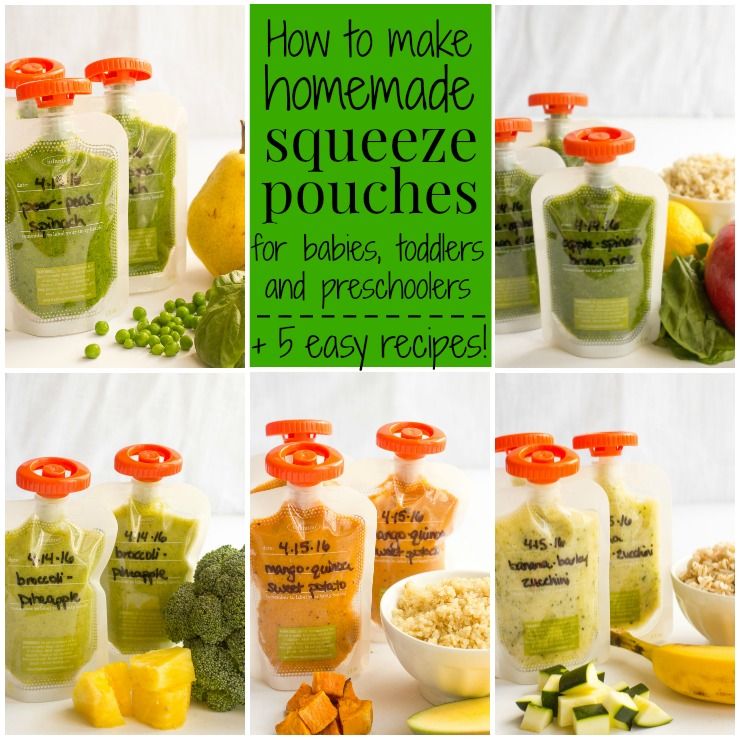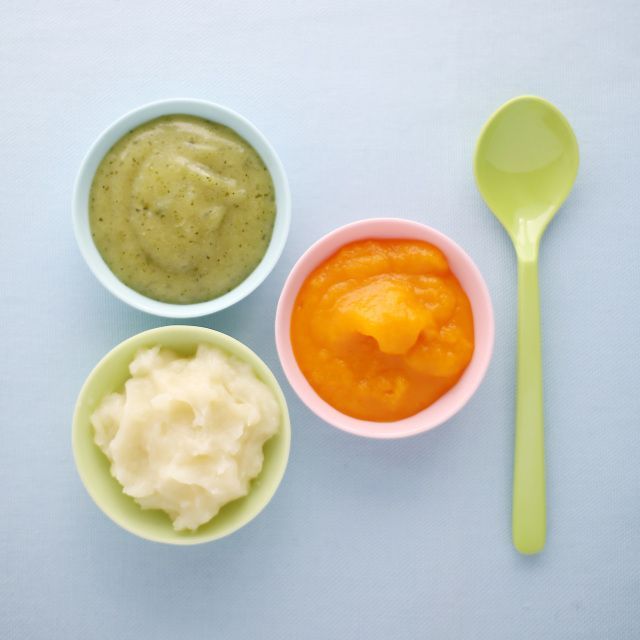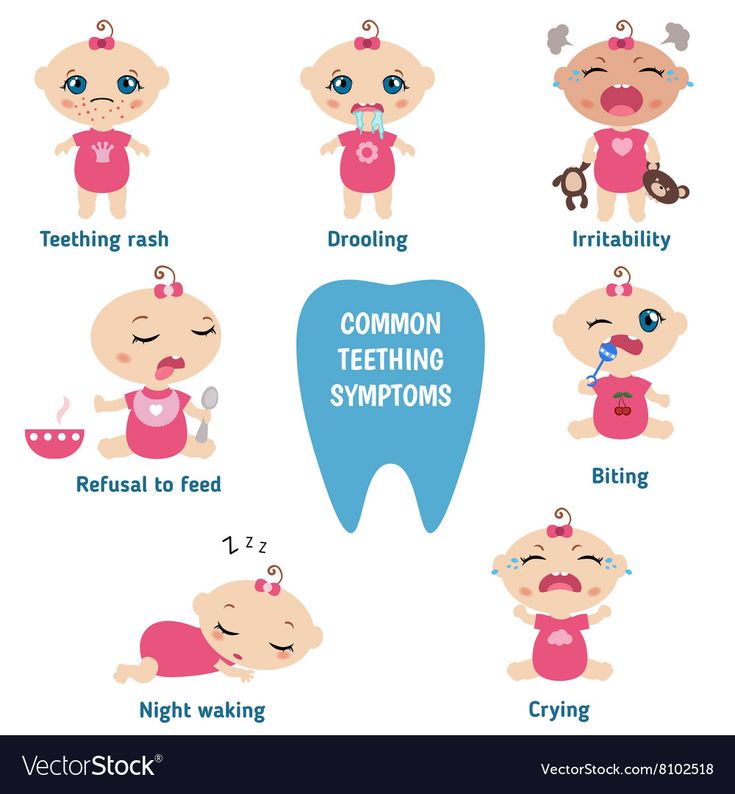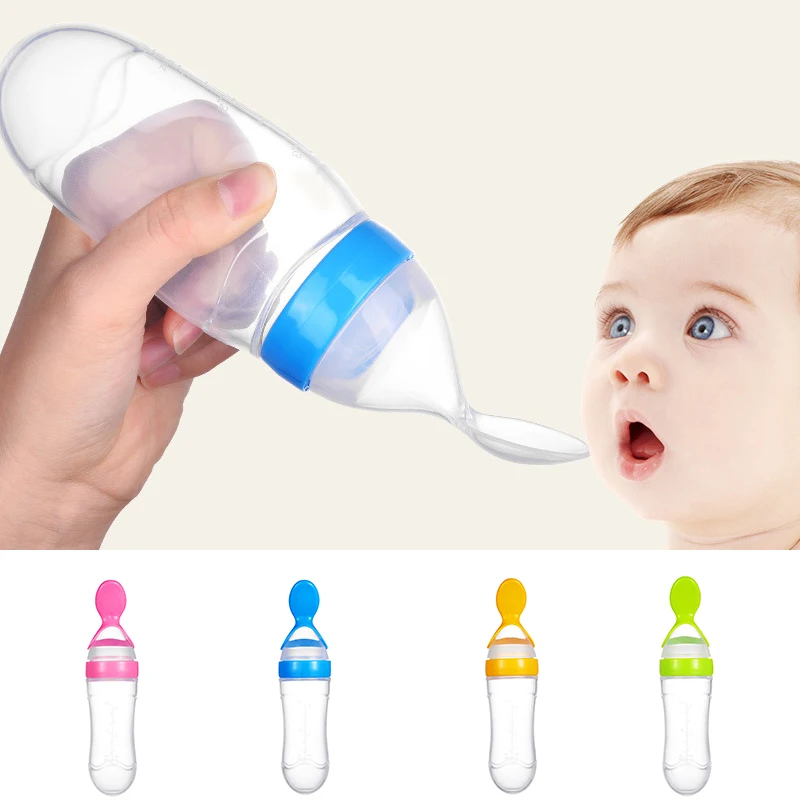Food baby belly story
After This Woman Shared A Picture Of Her 'Food Baby', People Joined To Support Her
Have you ever had a big meal and then your bloated belly got so big that you looked pregnant? If so, this thread that one woman started on Twitter, is for you. Fatimah, a young Londoner, posted a photo of her with a big food baby belly captioned: “I can’t be the only one that gets extremely bloated and starts imagining myself being pregnant?” As it turns out – no, Fatimah, you’re definitely not alone with bloated stomach, as hundreds of Twitter users have responded with their photos of ‘food babies’ and the thread gained a status of a legitimate support group.
This weekend, London-based influencer Fatimah, shared a photo of her with a “food baby”
Image credits: itsjustfatimah
Image credits: itsjustfatimah
She probably did not expect that the thread would go viral so quickly – hundreds of women (and not only them), responded with their ‘food pregnancy’ pictures
Image credits: valeriesolorios
Image credits: hailayyy16
Image credits: mackenzieg___
Image credits: nellamtongana
People were glad to know that they’re not the only ones doing this and that bloated belly is nothing to be ashamed of
Image credits: floridahmapeto
Image credits: shefrmroundaway
Image credits: nauticauzumaki
Image credits: unclecyd
Fatimah later shared a photo of her post-food baby body
Image credits: itsjustfatimah
By sharing so many playful photos of their food baby bellies, women (and men) on Twitter remind us that bloating is not something to be ashamed of because it is all too common. “I’m so glad bloating is being normalized,” Fatimah tweeted on her viral thread. We’re definitely glad too!
And said that she loves the replies from people on the thread
Image credits: itsjustfatimah
People were joyful to see such a fun thread and for some, it even helped them feel more confident
Image credits: toefet
Image credits: ibukunoluwaaji
Image credits: BoyItsBvbyE
Image credits: BlaqNaa
Later, Fatimah told the media: “I had just finished eating a bunch of wasabi while watching anime and I realised how bloated I was and I thought it would be funny to share how bloated women can get.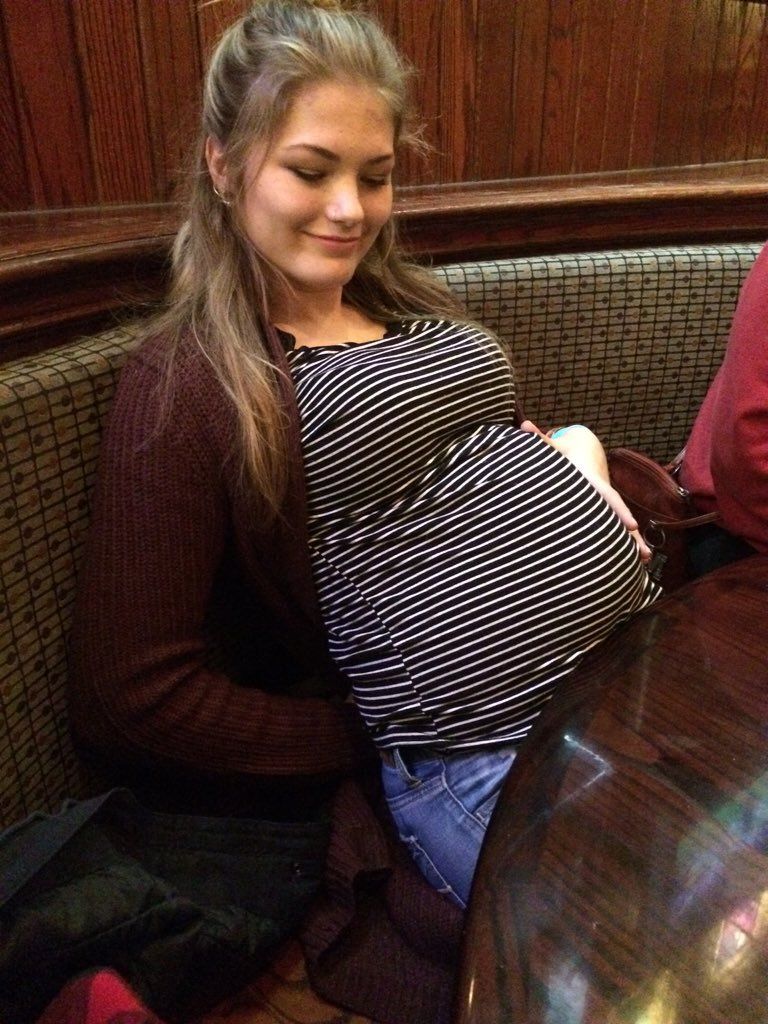 ” She also added: “It’s 2019 and I feel like more women are becoming more accepting about the ‘flaws’ in our bodies and we’re embracing while also making light of it as well and I love it.”
” She also added: “It’s 2019 and I feel like more women are becoming more accepting about the ‘flaws’ in our bodies and we’re embracing while also making light of it as well and I love it.”
The 6 Emotional Stages of Having A Food Baby
Life
by Kat George
Scott Barbour/Getty Images News/Getty Images
'Tis the season for immaculate conception. Not of human/God spawn or anything, but the other kind of immaculately conceived pregnancy: the Food Baby You know what I'm talking about. We're all friends here. Don't pretend you haven't had and loved a Food Baby. No one is above a Food Baby, especially during the holidays. And don't pretend like you haven't tried to make it look like your Food Baby was a real baby on the subway to try and get a seat either, we all know you're holding your lower back dramatically and making that pregnant lady sound because you think THIS IS YOUR CHANCE.
One Thanksgiving, I had been impregnated with a Food Baby so large that my belly bloated from just below my boobs to just above my hips. When I showed my friend she cry-laughed for about thirty minutes straight, because my normally jiggly belly was immovable, like someone had poured concrete in it. I'm a small person too, so every Food Baby is noticeable, and weird.
I'm not going to presume that a food-based pregnancy is anything like you know, an actual pregnancy, but one does develop a certain amount of maternal intimacy with a Food Baby. You stroke it, poke it, feel how hard and real it is. The joy of feeling something alien inside you is subsumed only by the feelings of pain that come along with it. Like real babies, Food Babies have to come out some day. And boy do they KICK while they're in there. Here are the 6 emotional stages you'll go through when you're having a Food Baby.
1. PAIN
About 20 minutes after you stop eating, it's going to hurt. If you're anything like me, you probably kept eating in order to prolong the onset of pain, which is only going to serve to ultimately make things more painful in the end anyway.
2. MIRTH
You'll become so delirious with pain, eventually your incessant rolling around on the floor moaning will become hilarious to you and everyone around you. You'll ham it up for the LOLs (pun intended). But it's not until you pull your shirt up to reveal the bloated state of your belly that you'll get the real laughs.
3. ATTACHMENT
Because of all the pain you've had to go through for your Food Baby, and because of all the joy it's bought you, you will begin to grow attached to the lump of digesting food that's slowly turning into poop inside you.
4. FEAR
You know what's coming soon: The birth. As you look down at your growling, throbbing belly, you'll wonder how you're ever going to get anything that big out of a hole that small (and one that isn't even elastic).
5. REGRET
When it's time for dessert, you'll lick the icing off your cake listlessly, regretting all the food you ate that's prohibiting you from eating any more. By now, you're also so scared of what's to come in the game of porcelain thrones that you'll wish you never started this food pregnancy in the first place.
6. PAIN
Finally, you'll come full circle back to pain. This kind of pain isn't because of the stretching, gurgling Food Baby inside you though—it's because that Food Baby is now shredding through your insides, and coming up for air. Godspeed.
Images: Getty Images; Giphy(6)
A CHILD HAS A STOMACH
How often do we hear from our children, “Oh, my stomach hurts!”. Children complain in the morning when they are going to kindergarten or school, and in the evening when they go to bed, and during meals with the words “I don’t want to anymore.” At the same time, parents react differently: who runs to call an ambulance, and someone brushes it off, “you always come up with something.” How not to be mistaken, what to do if the child complained about the tummy.
Children rarely lie just like that. Sometimes a child may say that his stomach hurts in order to attract his mother, without even experiencing discomfort in his stomach, but this is still an alarming bell, because he did not complain about his leg, head or something else, which means he periodically experiences pain or stomach discomfort!
Children of preschool and primary school age will complain of pain not only when they experience real pain, but also with flatulence (increased gas formation) and nausea and rumbling in the stomach and discomfort in the stomach. When a child says “I can’t do it any more, my stomach hurts” while eating, do not rush to scold him. He cannot say “I have a feeling of early satiety”, but most likely he has this particular pathological symptom, which occurs with gastritis, functional dyspepsia and other diseases.
When a child says “I can’t do it any more, my stomach hurts” while eating, do not rush to scold him. He cannot say “I have a feeling of early satiety”, but most likely he has this particular pathological symptom, which occurs with gastritis, functional dyspepsia and other diseases.
If your child complains of abdominal pain in the morning, it may not be because of the desire to stay at home, but he or she has so-called “fasting pains”, one of the signs of gastroduodenitis, peptic ulcer. Or maybe he just doesn't want to have breakfast, and not because he's stubborn, but because his enzymes haven't "woken up" yet. Feeding such children a "full" breakfast is not possible, and it is not necessary. Let the child eat a portion of yogurt with tea, and in kindergarten or at school (i.e. 2 hours after waking up) he will have a second breakfast.
The child may complain about the stomach when he wants to go to the toilet. More often this happens with constipation, when the process of emptying the intestines is painful. It may be that at present defecation in such children is already painless, but earlier, the stool was accompanied by severe pain and the child REMEMBERED this! Now the little (but not necessarily the little) little man has a fear - "it will hurt now."
It may be that at present defecation in such children is already painless, but earlier, the stool was accompanied by severe pain and the child REMEMBERED this! Now the little (but not necessarily the little) little man has a fear - "it will hurt now."
What is abdominal pain and when does it appear. The sensation of pain is the body's response to irritation of pain receptors located in the walls of internal organs (stomach, intestines) or a capsule covering an organ, such as the liver. When stretching the wall, capsule, inflammation, we experience pain. With spasm of the muscular organs, with pain in the abdomen, it is primarily the intestines, the receptors are also irritated and we feel pain. Abdominal pain may be due to irritation of the peritoneum - a sheet of tissue covering the internal organs of the abdomen. This is more often observed in acute surgical pathology, such as appendicitis.
The pain can be acute, when a person feels a "prick", such pain is often compared with a "dagger pain" or dull - aching pain, of moderate intensity.
Pain can be chronic, when a person complains day after day, but not necessarily all the time. The pain can let go and return again, while the degree of intensity can be different from acute cramping to dull, barely distinguishable.
By localization, the pain can be diffuse - when the pain is the whole abdomen and localized, when you can specify the painful point.
Pain may be associated not with a disease of the internal organ, but with damage to the nervous system, both central and peripheral. With a tumor in the brain, pain can be in different places, incl. and in the abdomen, with pain often accompanied by vomiting. With autonomic dysfunction, abdominal pain may be accompanied by pallor of the skin, nausea, vomiting, and cold sweat.
What to do if your child complains of abdominal pain. Firstly, do not panic, talk to your child about how it hurts, where, while not forgetting that young children cannot localize the pain and will often point to the navel, even if they have pain under the ribs. Do not defiantly neglect the complaint, even if you think that this is an invention of the baby. Talk to him, promise to give a pill, go to the doctor, do an examination. Never frighten a child with a visit to a doctor or any examination, in the future the child may be afraid of medical institutions and will hide complaints from you, which will lead to late diagnosis of the disease.
Do not defiantly neglect the complaint, even if you think that this is an invention of the baby. Talk to him, promise to give a pill, go to the doctor, do an examination. Never frighten a child with a visit to a doctor or any examination, in the future the child may be afraid of medical institutions and will hide complaints from you, which will lead to late diagnosis of the disease.
If the child complains of abdominal pain, ask when the child last pooped, maybe he is constipated. Parents should daily monitor the defecation of the child, not only the preschooler, but also the younger schoolchild, and at an older age, you should regularly ask your child if he had stool today, what consistency, if there were any impurities (blood, mucus, not digested food). Often parents do not pay attention to such an IMPORTANT physiological process as defecation, but given the frequency, consistency of stool, the presence of impurities, the doctor will be able to prescribe NECESSARY examinations (and not all that are in the arsenal of modern medicine), which will allow you to quickly diagnose and prescribe treatment.
Of the drugs on your own without a doctor's prescription, with the first pain syndrome, you can only enveloping agents and sorbents. If you give your child painkillers, an antibacterial drug or an antispasmodic (no-shpu), then you can blur the picture, and the doctor will not be able to make a diagnosis, which is very dangerous, for example, with appendicitis. It is better to call a doctor, let him look at the child, if necessary, prescribe tests and examinations.
In conclusion, I will emphasize once again. The child's complaints of pain are always an alarming symptom. Consult a doctor, undergo an examination and you will not have to think that this is “inflammation of the abdomen or tricks”. Be healthy!
Cape Town's Sneaker Culture is Unlike Anywhere Else in the World
why this happens and what to do to relieve pain in the navel area etc. But, often under the pain in the abdomen, a serious disease can be hidden that requires an emergency surgical operation.
 That is why doctors do not recommend giving a child antispasmodics, since their action can hide the picture of the disease and complicate the identification of the true causes of the disease.
That is why doctors do not recommend giving a child antispasmodics, since their action can hide the picture of the disease and complicate the identification of the true causes of the disease. When a child has abdominal pain, it is necessary to monitor his condition. If a child has a stomach ache for two hours, it is necessary to call a doctor or an ambulance. If you know that the cause of abdominal pain is the stomach and esophagus, you can give the child any of the antacids, such as Almagel. If you suspect food poisoning, you can give activated charcoal at a dose of 1 TB per 10 kg of body weight, no more than 3 times a day. Paracetamol can be given to reduce fever.
Causes of abdominal pain in a child
The most common causes of abdominal pain in a child include:
- Infectious diseases that develop when bacteria and viruses enter the body. These diseases include "intestinal flu", the causative agent of which are various types of viruses (rotavirus or norovirus).
 Viral intestinal infections pass quickly enough, while infections of a bacterial origin may require antibiotics;
Viral intestinal infections pass quickly enough, while infections of a bacterial origin may require antibiotics; - Food poisoning, eg from eating stale or contaminated food, food allergies (intolerance to certain foods). Chemical poisoning is also dangerous, for example, if a child has swallowed soap;
- Diseases requiring surgical intervention, such as appendicitis, bowel obstruction, etc.
What to give your child for stomach pain
The treatment of stomach pain depends on the cause, the history of the disease, the condition of the child, and the results of the doctor's examination. If the disease is not severe and does not pose a danger to the life of the child, it can be treated at home. In more serious cases, it is necessary to be under the supervision of a doctor. Some conditions (eg, appendicitis, acute pancreatitis, bowel obstruction) may require surgery.
When treated at home, the child is indicated for bed rest. In order to avoid dehydration, it is recommended to drink plenty of fluids, saline solutions.

